Living the Utopia (1997)
1h 36m
Running Time
November 8, 1997Release Date
Living the Utopia (1997)
1h 36m
Running Time
November 8, 1997Release Date
Network & Production Companies

Plot.
A retrospective look at the anarcho-syndicalist and anarcho-communist experience in Spain from 1930 until the end of the Civil War in 1939.
Where to Watch.
 Free
FreeCurrently Living the Utopia is available for streaming online, rent, buy or watch for free on: Libreflix
Streaming in:🇧🇷 Brasil

Cast & Crew.

Maribel Sánchez-Maroto
Self - Narrator (voice)

Manuel Carvajal
Self - Narrator (voice)

Francesc Ríos
Co-Director / Writer / Director of Photography / Researcher

Mariona Roca
Writer / Assistant Director / Researcher

Mitzi Kotnik
Writer

Juan A. Gamero
Writer / Director

Francisco Carrasquer
Self

Dolors Marín
Technical Advisor

Miguel Celma
Self

Alfredo Carracedo
Lighting Technician

Xavier Maristany
Original Music Composer

Juan Alcobendas
Lighting Technician

Xavier Cardoner
Sound Engineer

Antoni Castells
Researcher
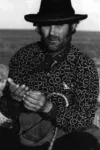
El Cabrero
Songs

Álex Baldomá
Researcher

Xavier Maristany
Composer

José Luis Gutiérrez
Researcher

Ramón Gabarró
Sound Recordist

Albert Toda
Sound Engineer

Joan Saura
Original Music Composer

David Juan
Lighting Technician

Abel Paz
Researcher

Joan Guasch
Producer

Jordi Sorolla
Sound Recordist

Ignacio Soriano
Researcher

Ramón Rull
Editor / Post Production Supervisor
Media.
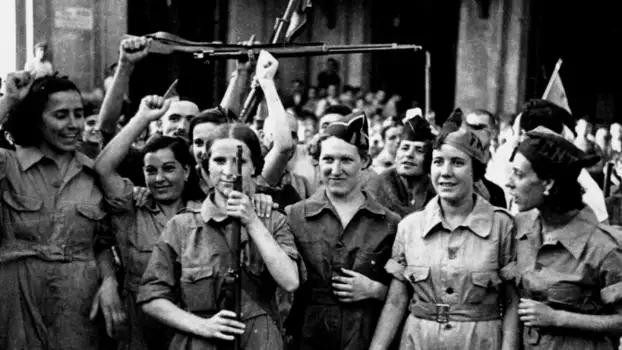
Details.
Release DateNovember 8, 1997
Original NameVivir la utopía
StatusReleased
Running Time1h 36m
Genres
Last updated:
This Movie Is About.
spanish civil war
revolution
communism
1930s
anarchism
spanish 2nd republic
You May Also Like.
Look at the other titles that might be interesting for you

The Godfather (1972)
Movie
8.52

Interstellar (2014)
Movie
9.06
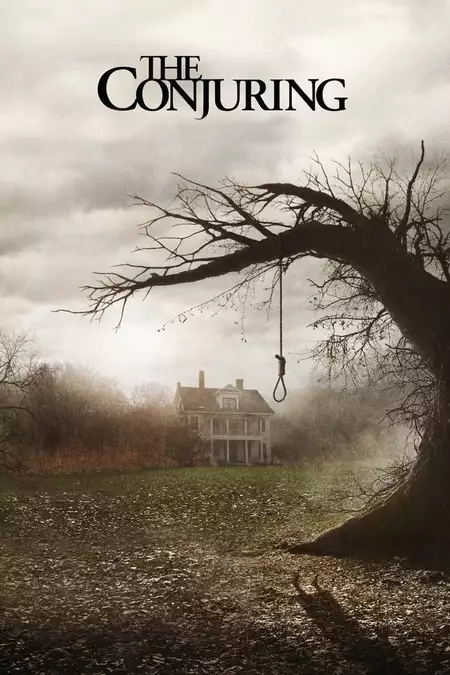
The Conjuring (2013)
Movie
7.63
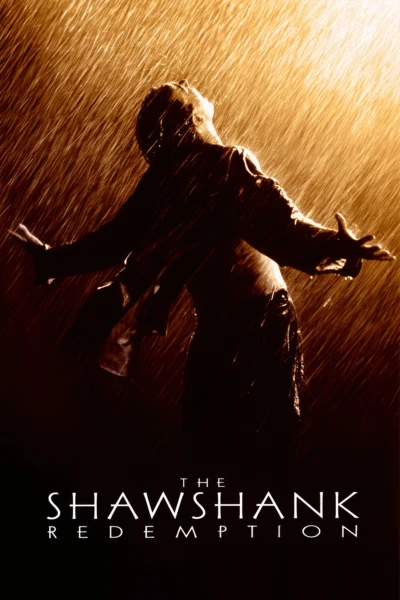
The Shawshank Redemption (1994)
Movie
8.33

Spider-Man: No Way Home (2021)
Movie
8.04
Avatar (2009)
Movie
7.95
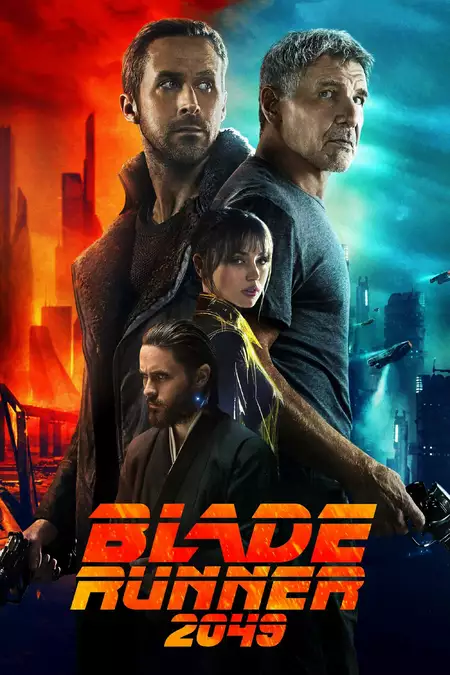
Blade Runner 2049 (2017)
Movie
8.13
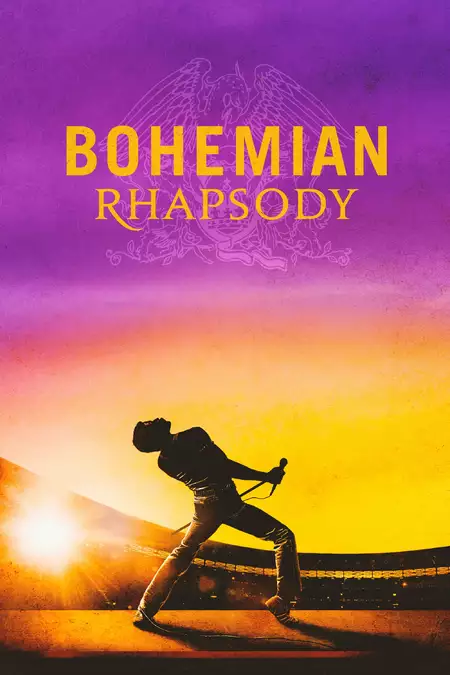
Bohemian Rhapsody (2018)
Movie
7.76

Mad Max: Fury Road (2015)
Movie
8.07

Thor: Love and Thunder (2022)
Movie
6.63
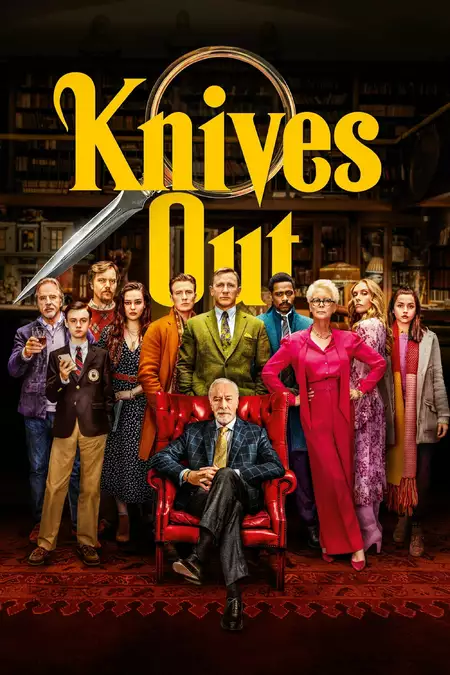
Knives Out (2019)
Movie
7.12

The Menu (2022)
Movie
7.75
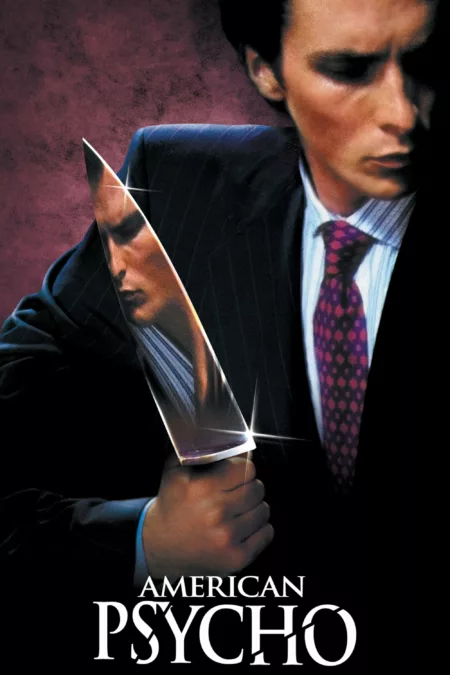
American Psycho (2000)
Movie
8.45

All Quiet on the Western Front (2022)
Movie
7.2

Passengers (2016)
Movie
7.78

Sinister (2012)
Movie
7
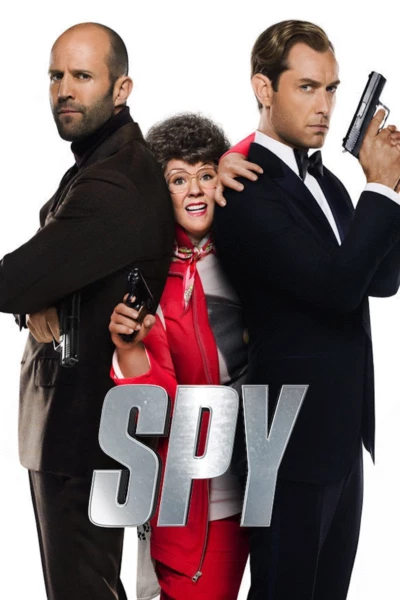
Spy (2015)
Movie
7.26
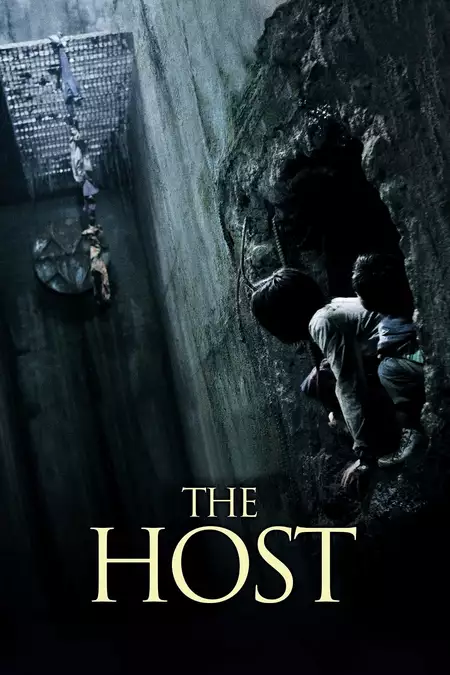
The Host (2006)
Movie
6.33
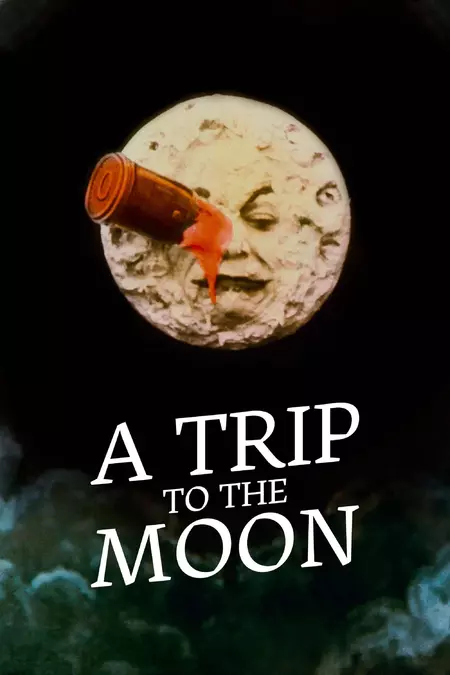
A Trip to the Moon (1902)
Movie
5.83
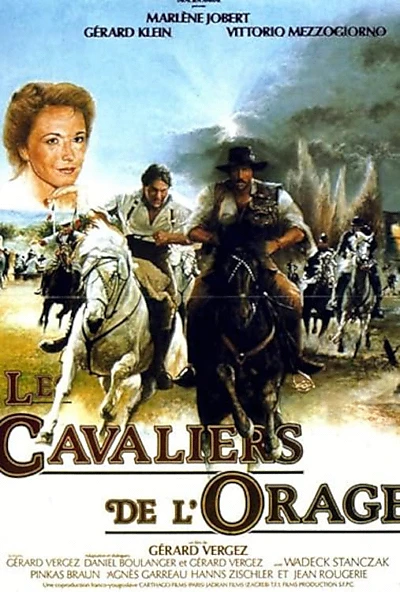
The Horsemen of the Storm (1984)
Movie

